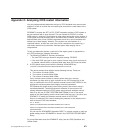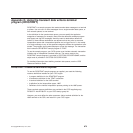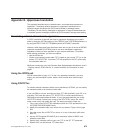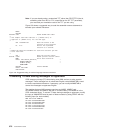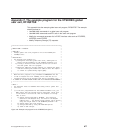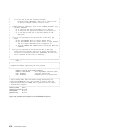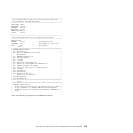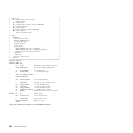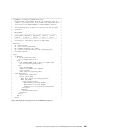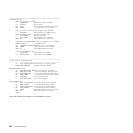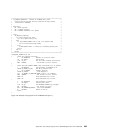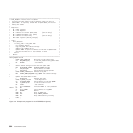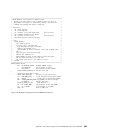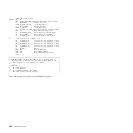*---------------------------------------------------------------------*
* The TS Routing table is made up of a set of entries. Each entry *
* can be mapped by the TABLE_ENTRY DSECT *
*---------------------------------------------------------------------*
TABLE_ENTRY DSECT
ENTRY_NAME DS CL8
NEW_NAME DS CL8
NEW_SYSID DS CL4
ENTRY_ACTION DS XL1
FILLER DS CL3
*
*---------------------------------------------------------------------*
* The following definitions are for program working storage. *
*---------------------------------------------------------------------*
DFHEISTG DSECT
RETCODE DS XL4 Program Return Code
TR_ERROR_N DS X Error Number for Trace Entry
RESP DS X API Response
EJECT ,
***********************************************************************
* PROGRAM REGISTER USAGE : *
* R0 - Work Register *
* R1 - Points to DFHUEPAR plist on entry *
* Work Register *
* R2 - DFHUEPAR parameter List *
* R3 - Code Base Register *
* R4 - <unused> *
* R5 - <unused> *
* R6 - Subroutine Linkage Register *
* R7 - Address of TS Queue Name from Command Plist *
* R8 - Command Parameter list UEPCLPS *
* R9 - Address of Table_Entry in TS_Routing_Table *
* R10- <unused> *
* R11- EIB Register *
* R12- Work Register *
* R13- DFHEISTG for API calls *
* Kernel Stack for XPI calls *
* R14- Work Register *
* R15- Work Register *
***********************************************************************
EJECT ,
***********************************************************************
* DFH$XTSE - Main Routine *
* This is the entry point for the exit program. Control is passed *
* to the TS_REQUEST or TS_REQUEST_COMPLETE routines depending *
* on whether the exit was invoked at the XTSEREQ or XTSEREQC exit *
* points. *
* *
Figure 136. Example exit program for the XTSEREQ exit (part 3)
Appendix F. The example program for the XTSEREQ global user exit, DFH$XTSE 879



